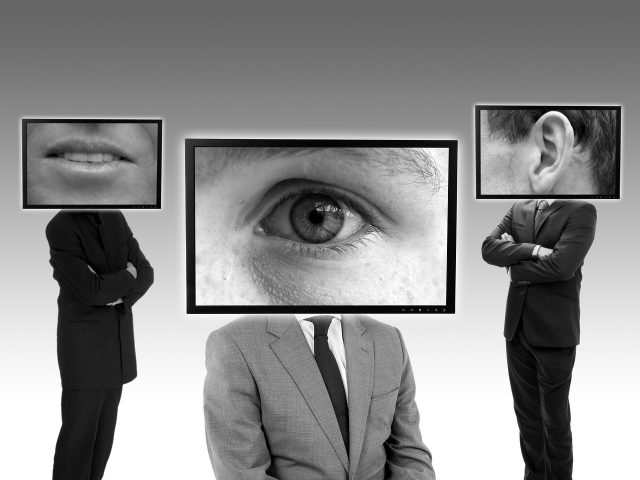Why Privacy Matters
By: Coralie Zaza
Since 2009, The United Nations Economic, Scientific and Cultural Organisation (UNESCO) has been commissioning a series of publications on Internet Freedom, presenting edge-cutting studies conducted by experts on the topics of online freedom of expression, privacy, safety, hate speech to intermediaries’ liability and Internet governance principles. Through these studies and their mandate, UNESCO seeks to promote a free, open and accessible Internet space as part of promoting comprehensive freedom of expression online and offline.
On December 9, 2016, after a three-day forum on Internet Governance held in Guadalajara, Mexico, UNESCO launched its eighth publication titled Human rights and encryption. This study addresses the relevance of encryption to human rights in the media and communications field and offers policy recommendations for state practice and other stakeholders. The study, in response to five overarching research questions (page 12), makes several recommendations, notably that the representation of the human rights angle in the debates about encryption policy must be strengthened.
“What ultimately matters, from a human rights perspective, is that cryptographic methods empower individuals in their enjoyment of privacy and freedom of expression, as they allow for the protection of human-facing properties of information, communication and computing. These properties include the confidentiality, privacy, authenticity, availability, integrity and anonymity of information and communication.” (page 60)
During the same Internet Governance forum, UNESCO also held a workshop on social media and youth radicalization in the digital age, as part of an on-going research leading to a publication in the next six months. Ms Rebecca MacKinnon, Internet freedom advocate, and co-founder of the citizen media network Global Voices Online, delivered the following message:
This study and workshop were presented in a heated political context. On one hand, the American President-Elect does not hesitate to encourage hackers to break privacy laws by accessing Hillary Clinton’s email servers and publishing their findings; on the other hand, a Canadian spywatcher publicly suggests that, had Edward Snowden been working for CSIS (Canadian Security Intelligence Service) when he leaked classified information, he would have been shot. Privacy in the Internet age is an ongoing battle, and concerns all Internet users, not simply hackers and leakers. The average Internet user has more to hide than they realize. Free expression and transparency should not be associated with a lack of privacy, but while raising global awareness is a first step towards change, it remains the stakeholders’ and policy makers’ responsibility to ensure the respect of human rights online and in legal drafting.
Glenn Greenwald is a journalist, lawyer, and author of four New York Times best-selling books on politics and law. His most recent book, No Place to Hide, discusses the U.S. surveillance state and his experiences reporting on the Snowden documents around the world. In a TedTalk from 2014, he explains why privacy is important, a “question that has arisen in the context of a global debate, enabled by the revelations of Edward Snowden that the United States and its partners, unbeknownst to the entire world”; a question that “has converted the Internet, once heralded as an unprecedented tool of liberation and democratization, into an unprecedented zone of mass, indiscriminate surveillance.” His talk ultimately encourages journalists (as the voice of the media) and Internet users to remain vigilant, educate themselves on the topic, support companies that value privacy, protect their own privacy whenever possible, and find a way to make their voices heard.
From an academic perspective, “Western legal theorists like Alan Westin and Jürgen Habermas have observed that rising recognition and protection of privacy have accompanied the rise of modern democracy, public institutions, and the press. The recognition of the right to privacy is historically associated with rising levels of liberty, freedom, and democracy. However, critical legal scholars also point to the ways that law and government always, ultimately, serve transnational corporations and the capitalist class. Privacy laws are no different, and today, many widely-accepted privacy principles permit pervasive corporate, and even government surveillance, with few effective safeguards for citizens” (Sara Bannerman) [1]
The UNESCO publications and the rising awareness on privacy and human rights are proof that citizens are starting to fight back, but there is a long way before the policies and laws protecting digital privacy and freedom of expression are entirely understood, discussed and reformed.
[1] This conclusion is an extract from Sara Bannerman’s upcoming textbook on Canadian Communication Policy & Law, chapter on “Privacy”.

